Non-cooperation with evil is as much a duty as is cooperation with good
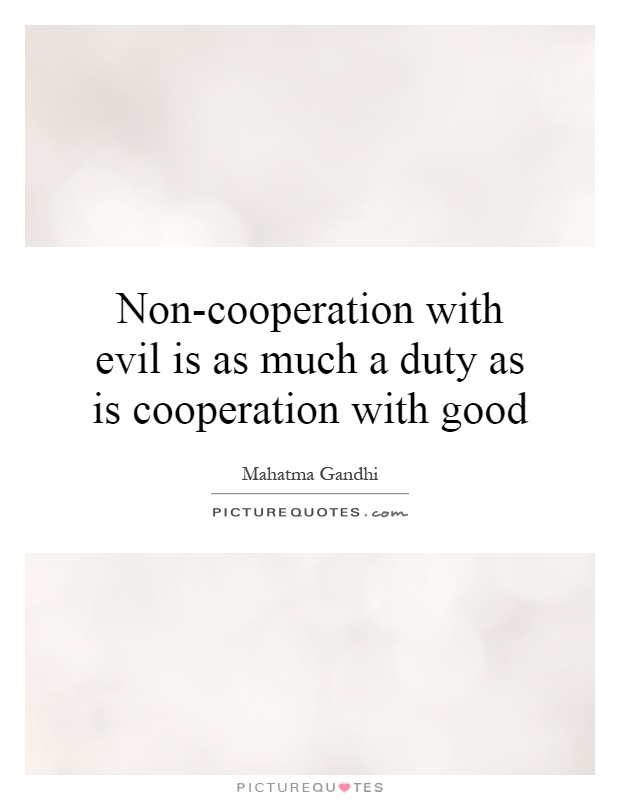
Non-cooperation with evil is as much a duty as is cooperation with good
Mahatma Gandhi, the father of the Indian independence movement, was a firm believer in the power of non-violent resistance and civil disobedience. He famously said, “Non-cooperation with evil is as much a duty as is cooperation with good.” This statement encapsulates Gandhi’s philosophy of Satyagraha, which means “truth force” or “soul force.”Gandhi believed that it was not enough to simply do good deeds or cooperate with those who were doing good. He believed that it was equally important to actively resist and oppose evil in all its forms. This could be done through non-violent means, such as boycotts, strikes, and protests. Gandhi believed that by refusing to cooperate with evil, individuals could weaken its power and ultimately overcome it.
One of the most famous examples of Gandhi’s non-cooperation with evil was the Salt March of 1930. In response to the British salt tax, Gandhi led a 240-mile march to the Arabian Sea to collect salt from the ocean. This act of civil disobedience inspired millions of Indians to join the independence movement and helped to weaken British rule in India.
Gandhi’s philosophy of non-cooperation with evil was not just limited to political movements. He believed that individuals had a moral duty to resist injustice and oppression in their everyday lives. This could mean refusing to participate in discriminatory practices, standing up to bullies, or speaking out against corruption.
Gandhi’s teachings on non-cooperation with evil continue to inspire people around the world to this day. His message of peaceful resistance and moral courage has been adopted by civil rights leaders, activists, and social movements across the globe. Gandhi’s legacy serves as a reminder that each of us has a responsibility to stand up for what is right and to resist what is wrong, even in the face of great adversity.


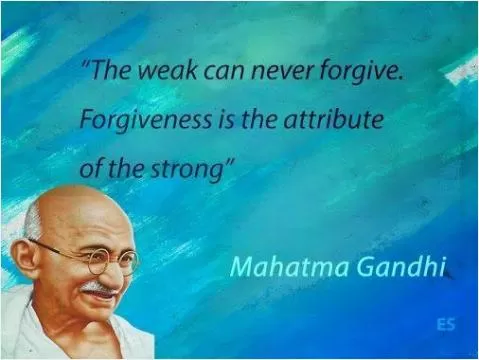

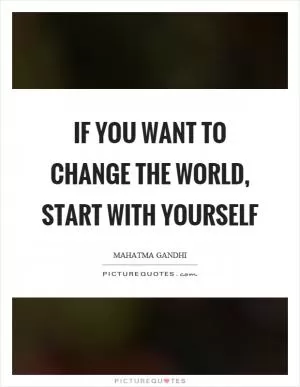
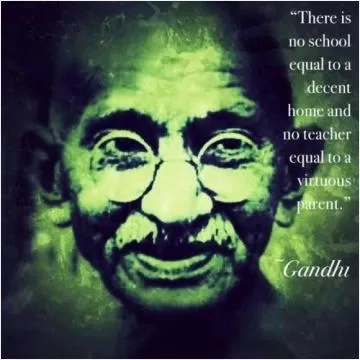


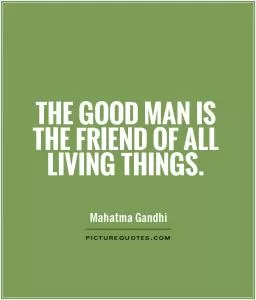
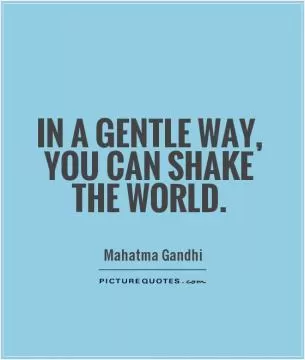
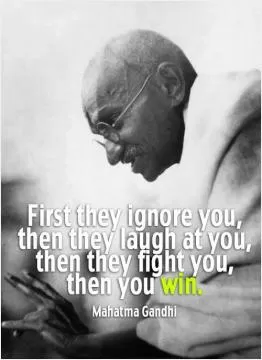

 Friendship Quotes
Friendship Quotes Love Quotes
Love Quotes Life Quotes
Life Quotes Funny Quotes
Funny Quotes Motivational Quotes
Motivational Quotes Inspirational Quotes
Inspirational Quotes